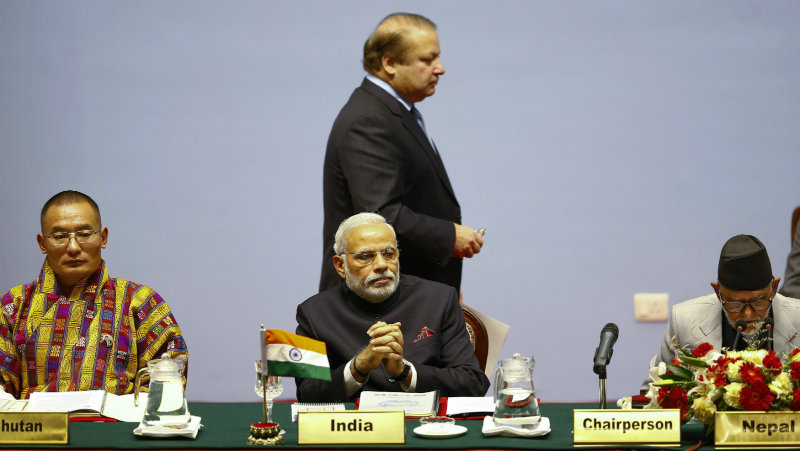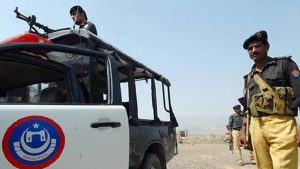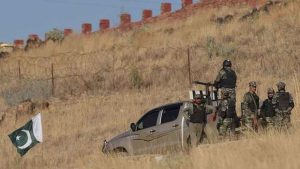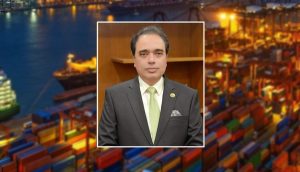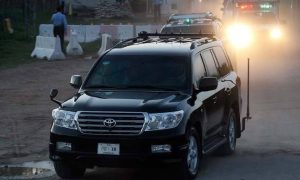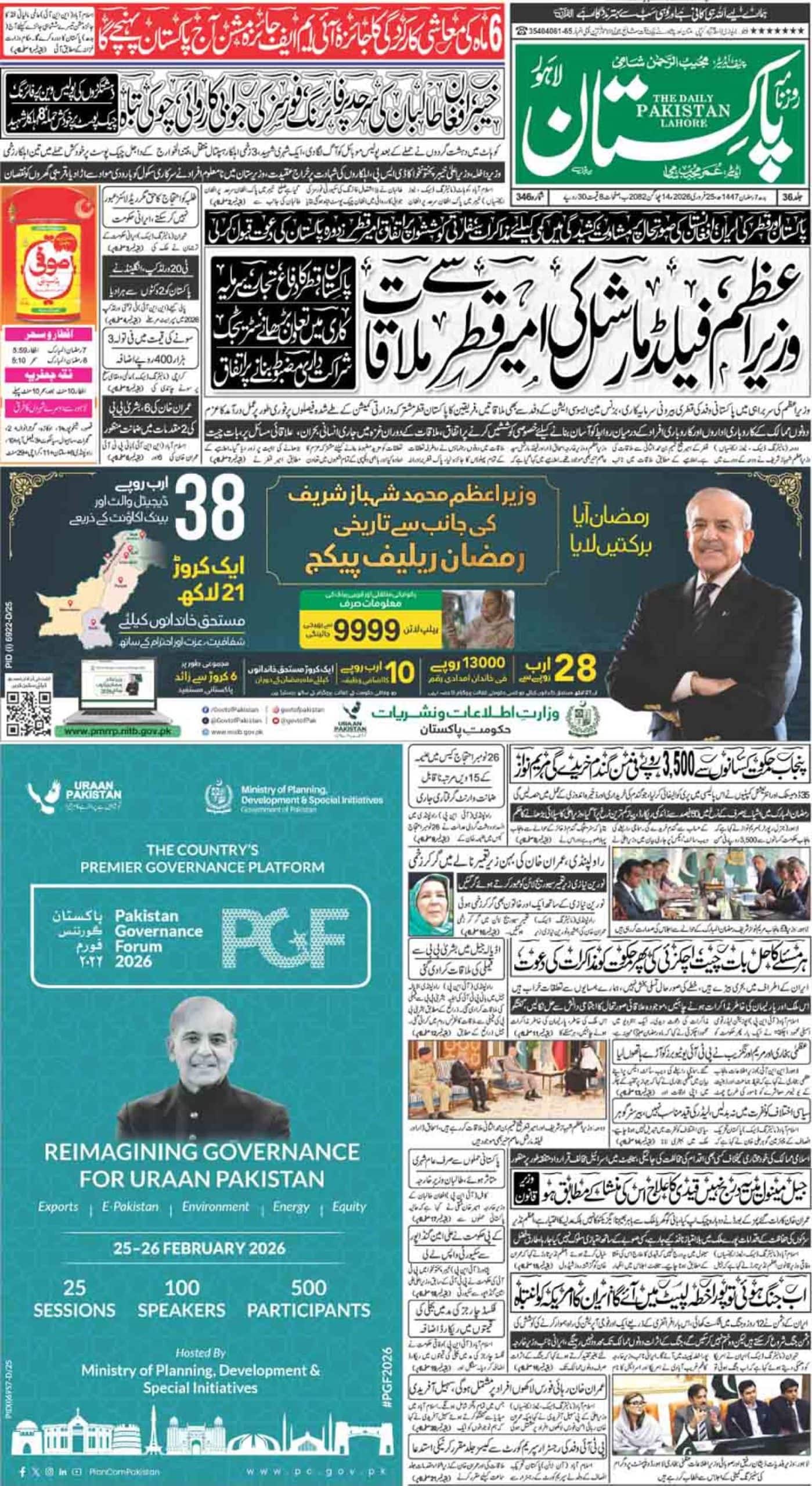WASHINGTON – The United States has unambiguously distanced itself from Indian Prime Minister Narendra Modi’s attempt to internationalize the Balochistan issue, and also assured Pakistan of its continued support to the country’s territorial integrity.
“The US government respects the unity and territorial integrity of Pakistan and we do not support independence for Balochistan,” US State Department spokesman John Kirby told a news briefing in Washington earlier this week.

The Balochistan issue came up at the State Department’s regular news briefing during the Eid holidays, when an Indian journalist asked Mr Kirby to explain the official US policy on “human rights violations and the fight for freedom” in Balochistan.
The journalist reminded the US official that the Indian prime minister also was championing the Baloch cause and had raised it at various international platforms.
About the “persons and groups” in the United States who were working for Balochistan’s freedom, the journalist asked the US official: “Do you support – do you tolerate them (who are raising this issue) from US soil?”
“As I said, the government policy is that we support the territorial integrity of Pakistan and we do not support independence for Balochistan,” said the US official, repeating his earlier stance.
“So do you have any reaction to the Indian prime minister’s statements on that particular subject?” the journalist asked again.
“I think I just gave you our reaction to events there,” Mr Kirby retorted.
The US position on Balochistan is a clear setback for New Delhi, which plans to use the UN General Assembly in New York next week to stop Pakistan from raising the current situation in India-held Kashmir.
Despite the Indian pressure, Pakistan is expected to focus on Kashmir inside the General Assembly, as well as in other sideline meetings, such as that of the Organisation of Islamic Cooperation.
Prime Minister Nawaz Sharif is expected to arrive in New York on Sunday to attend the UN session and so far Kashmir is high on the list of issues he is likely to raise in his address to the General Assembly on Sept 20.
Mr Modi will not attend the General Assembly this year. External Affairs Minister Sushma Swaraj will represent him.
Modi’s concerns for Balochistan
In an address to the nation on India’s independence day, Modi talked about the situation in Balochistan and later urged Indian diplomats and media to highlight this issue in world capitals.

Pakistan reacted angrily to the speech, calling it a breach of international norms and intrusion in the country’s sovereignty.
Pakistani officials said the Indian prime minister was trying to hide the atrocities committed by Indian security forces in occupied Kashmir by bracketing the situation in the Valley with Balochistan, which, unlike occupied Kashmir, was not a disputed territory.
They pointed out that Kashmir was an internationally recognized dispute and there were UN resolutions supporting the right of self-determination for Kashmiri people.
New Delhi’s interest in Balochistan may not be entirely new. Recently, Pakistan proved the involvement of RAW, India’s premier spy agency, in carrying out subversive activities in the region.
In fact, in February 2014, just three months before he was appointed India’s national security advisor, Ajit Doval tacitly acknowledged this. “You do one more Mumbai, you lose Balochistan,” he said. Doval was referring to Pakistan’s alleged involvement in the 2008 Mumbai attacks, which killed over 172 people and injured over 300.
Beijing is currently in the midst of pouring a staggering $46 billion into the CPEC.
One of the biggest such projects in Balochistan is the Gwadar port. China is building this to connect its mainland to the Indian Ocean through the Karakoram range so that it can reduce its dependence on the Malacca Straits, a region where it faces rising hostility.
Last month, Bangladesh and former Afghan president Hamid Karzai supported the Indian position on Balochistan, encouraging Mr Modi to continue his campaign against Pakistan.
But now, the US has made it clear that it doesn’t support Balochistan’s independence.
More importantly, even Iran, which shares the border with Balochistan, isn’t likely back the idea, because that would mean unrest within Iran which has a sizeable ethnic Baloch population.

